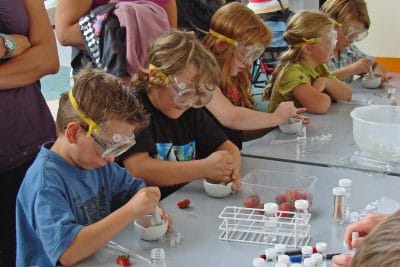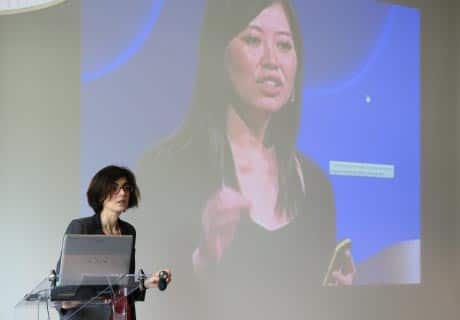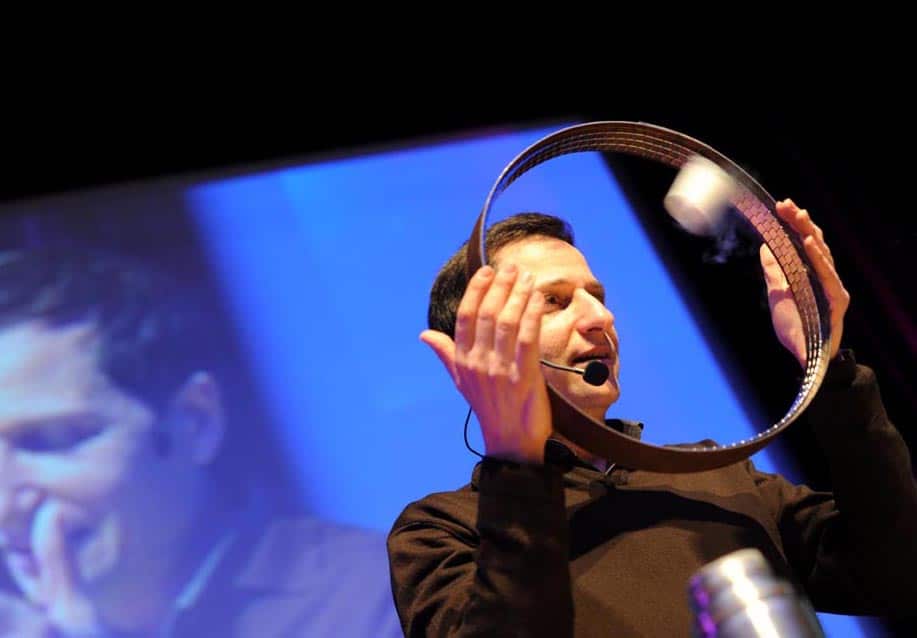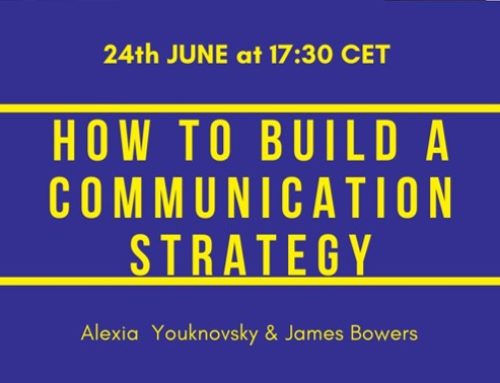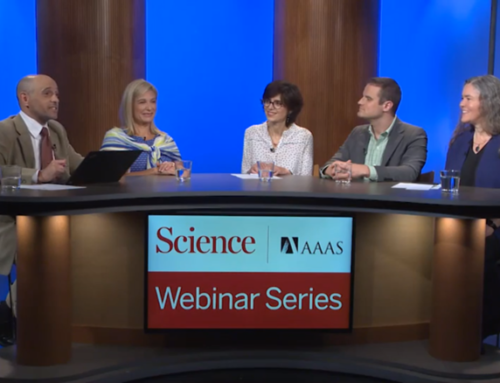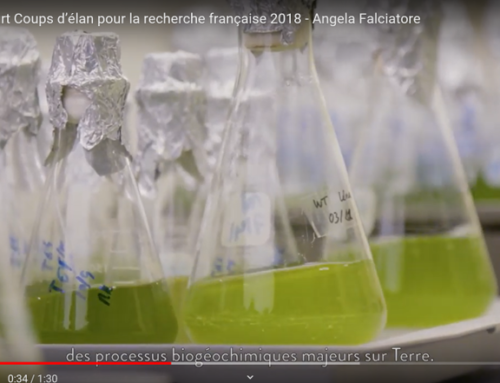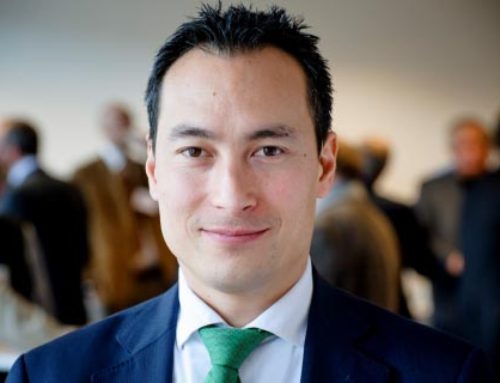Presenting a
kids science workshop
At some point during your career as a scientist, you may be required to hold a kids science workshop. Here are some hints and tips to help you be well prepared, and to avoid some common errors people make when presenting to this rather particular public.
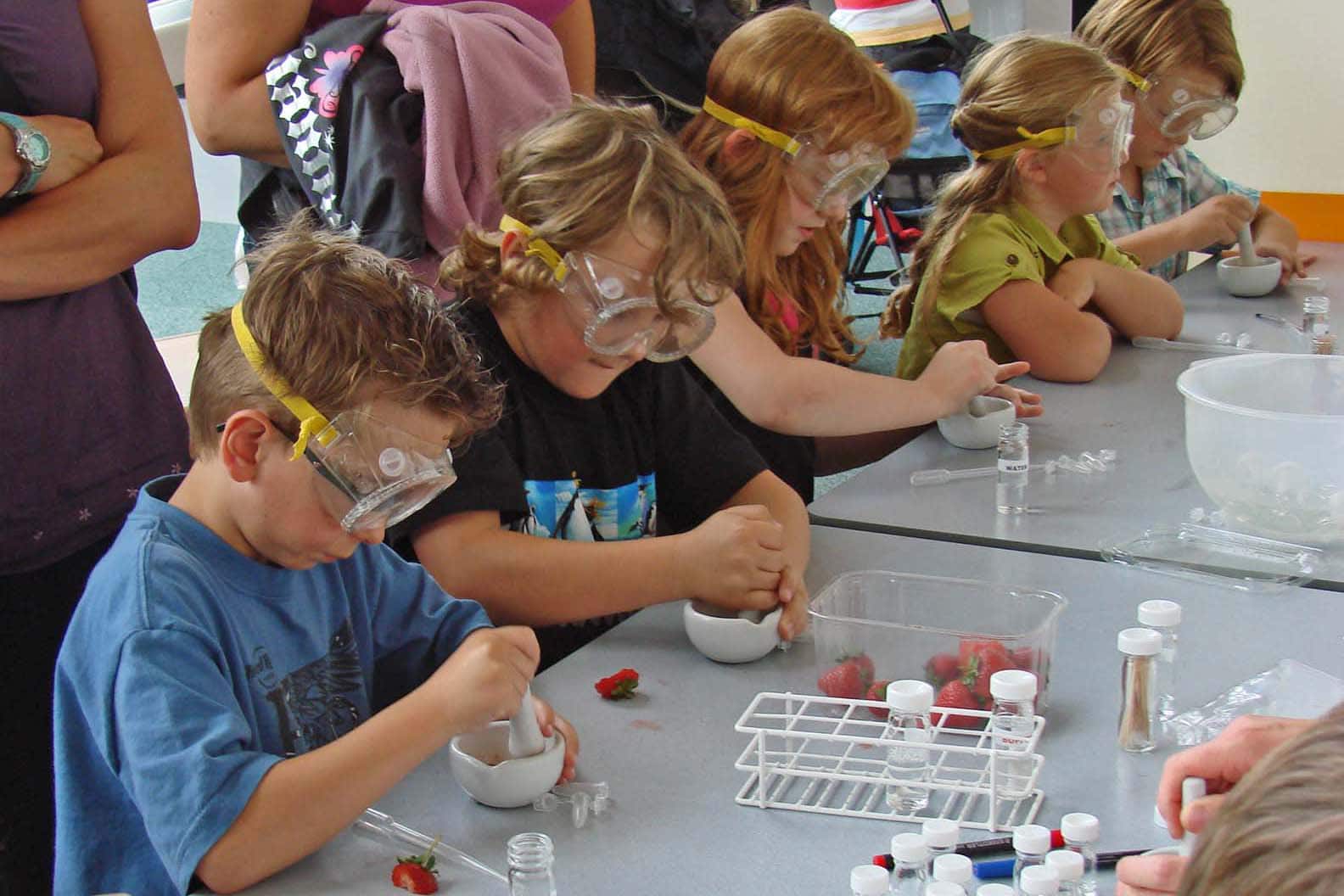
What are the particularities of a young public?
The main difference between children and adults is their attention span and level of concentration. The available concentration time for the same task increases with age. For example, a kindergarten level pupil will struggle if you speak for more than 10 minutes, whilst a late primary school aged child can easily listen to you for 45. To maintain their attention for longer you must vary activities regularly, particularly between phases of doing and listening, taking age of your audience into account.
The advantage of working with children is that, contrary to adults, their level of interest can easily be worked out. If they are interested in your presentation, they will show their enthusiasm: they will ask questions, comment on what they have understood, and make links between what you have said and their own experiences. On the other hand, if you have lost their attention you will quickly notice: they will become chatty, restless, struggle to stay still and look off into space. In these cases, you can conclude that you are either talking for too long or using vocabulary that is too complicated for them.
Also specific to children is their limited vocabulary. So, it’s important to start any kids science workshop by defining terms that you are going to say, using words that your public can easily understand. It’s useful to start with something that children already know about a concept and expand upon or modify it by giving a good definition. You can then ask them to give you examples to verify that they have understood well.
Of course, if you realise half way through your presentation that the level of science isn’t quite right (too complicated or, even, too simple) and that you are getting lost in your own explanation, you can always alter it midway. The kids won’t hold it against you!
What questions should you be asking yourself for a kids science workshop?
To prepare for a kids science workshop, you first need to ask yourself: what are the objectives that I want to achieve in my session? Do they need to understand a concept? Change their behaviour? Do I want to inspire them to follow a certain career path? Or a particular subject? Let’s take the example of Thomas Pesquet’s presentations from space. The goal was as much about exposing the work of astronauts on the international space station to as many people as possible, as it was about making people consider more precise issues. That was the particular objective of the question and answer session from space, which was organised with French school children during the 2017 World Water Day.
Next, it is important to know the age and school level of your public as that will define their physical and intellectual capabilities. For example, talking to 8-year-olds in France about percentages isn’t suitable as they won’t yet have learned about what they are. Practical activities are strongly recommended for children to “integrate” what you are transmitting to them. In this case, think about their limits: size, dexterity and strength. Make sure you bring appropriate materials that they can easily use.
Once you have clarified your objectives and identified the limitations of your public, you can then think about the best ways to get each of your points across. Many different methods can help you to succeed. To teach children about recycling, why not propose a game with different bins that they can use? How are animals classified? Give them something achievable and teach them how to do it themselves.
How much time you have will help you to size up your workshop, between talking, practical exercises and scientific presentations. Bear in mind that, the younger your public, the more time each activity will take: explanation, demonstration, understanding and doing.
What are the mistakes to avoid?
The worst mistake you can make when you find yourself face to face with children, is to treat them as if they are ignorant or imbeciles. Not only will they notice straight away but on top of that, to get back at you, they may put a lot of energy into making the rest of your workshop a horrible experience.
Children are the adults of the future. They have the capacity to think and interpret. The significance of their interactions can sometimes be surprising. Let them have space and time to express themselves during your science workshop, because that will help you to better calibrate your speech and without a doubt enrich your content. But be cautious not to lose control over your presentation. Children are sometimes egocentric and if you leave them too much space they can tend to monopolise the discussion by talking about themselves and their experiences. Set some ground rules from the beginning explaining how the workshop will be run, who you are and the role you will play.
When an adult discusses a subject that they hold close to their heart, they tend to want to be very detailed and talk in-depth about it until there is no tomorrow. But this isn’t the right thing to do with children. It is better to keep the content to a minimum but of style that they can retain, comprehend and use rather than feeding them a huge amount of information that they don’t know what to do with. If a subject that you have only touched upon interests them then they will ask you questions to find out more.
Try not to go too quickly. Passing from one concept to another assumes certain pre-requisites that children don’t necessarily have. If you’re worried that you won’t have enough content for the allotted time, construct your workshop in defining the minimum message that you hope to transmit. And prepare one or two supplementary activities that you can add in at the end if you have some time left.
Finally, if you only get one thing out of giving a science discovery workshop for children: enjoy it! If you’re passionate and enthusiastic about your subject you will surely have no problem taking your young pubic on a journey with you.
